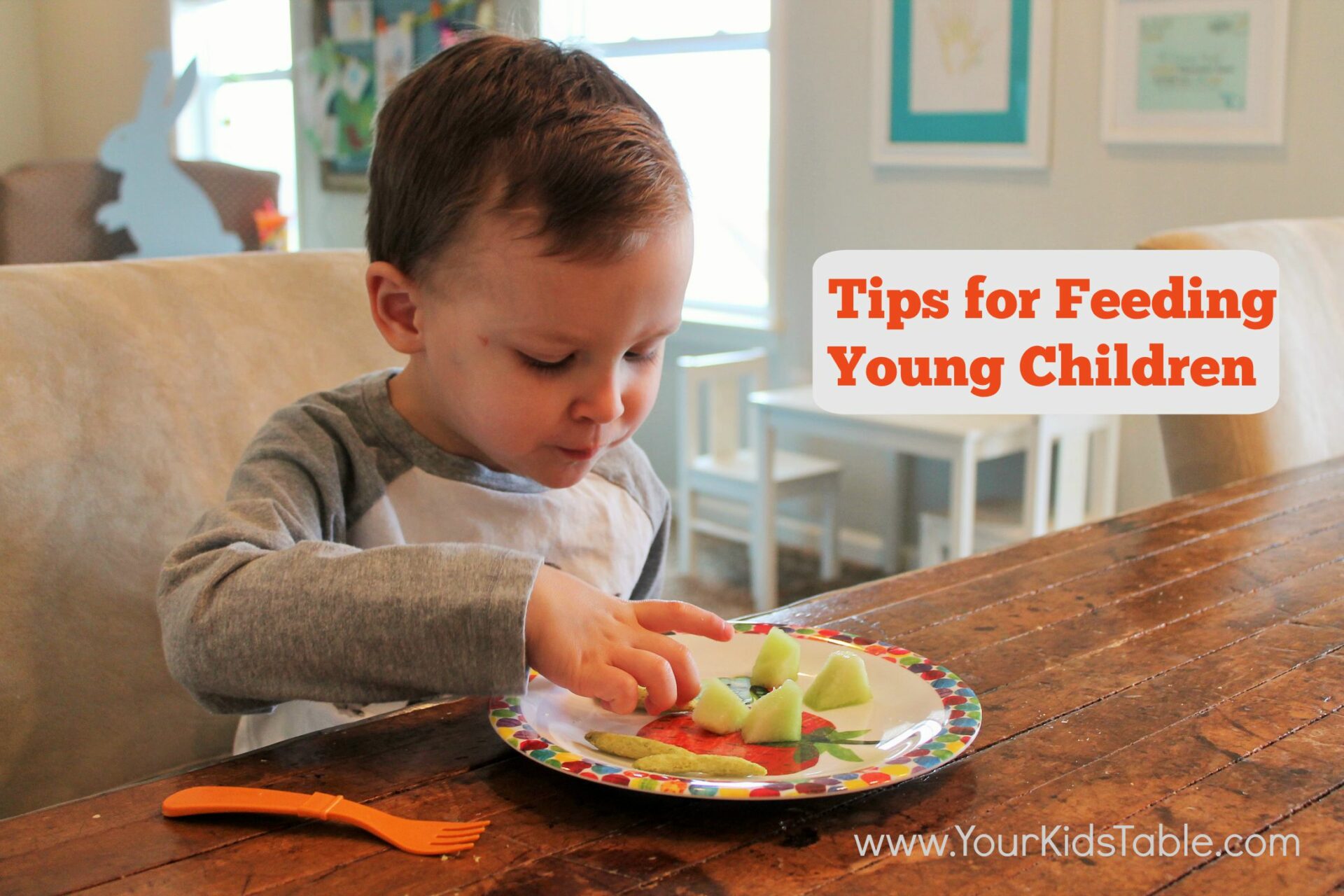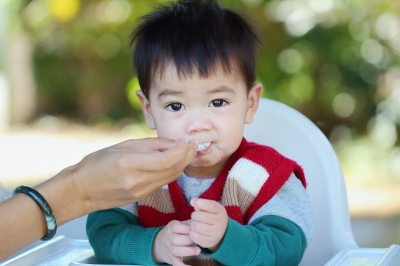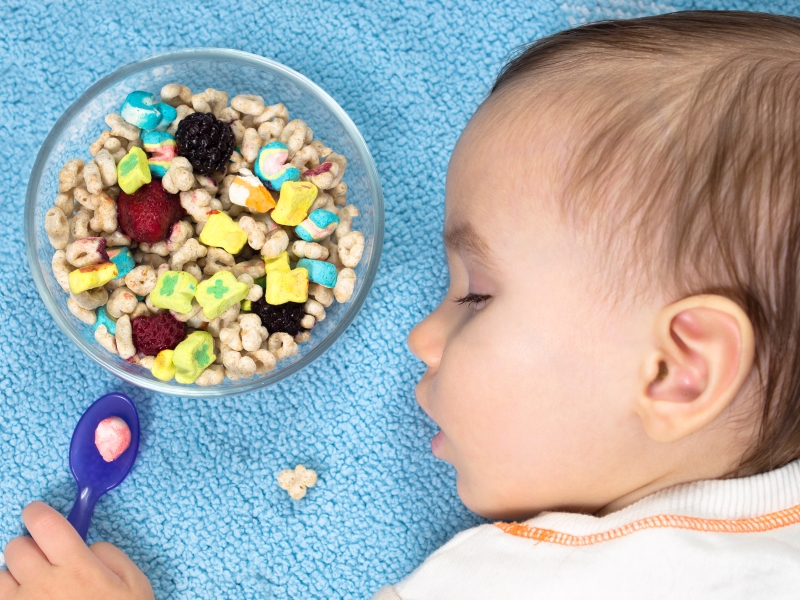Bedtime Snacks for Toddlers and Preschoolers
This article comes to us from guest blogger and child-feeding expert; Kristen Yarker from kristenyarker.com. She provides us with another commonly asked question about food and sleep. You can see her previous guest blog articles, “Will Starting Solids Help Your Baby Sleep Better” here and “How to Stop Your Toddler’s Food-Related Stalling Tactics” here.
Bedtime snacks for toddlers and preschoolers are one of the most frequent topics that I’m asked about. Here’s what this parent asked:
“My toddler/preschooler doesn’t sleep through the night and I think they’re hungry because they don’t eat well during the day. Is giving them a snack right before bed a good idea? If I don’t give it to them, they scream and cry.”
Making A Decision
Either having or not having bedtime snacks in your family can be the right choice. But, you must make a choice. Often I see families only offering bedtime snacks when their picky eater doesn’t eat well at dinner. This is the ‘wrong choice’. It’s a ‘wrong choice’ because it tends to backfire – for two reasons:
First, you’re inadvertently rewarding kids for not eating their dinner. Kids quickly figure out that if they don’t eat at dinner (where they usually are presented with more challenging foods), they can get a bedtime snack only a short while later that includes favourite foods.
Second, stalling bedtime. Many kids figure out that their other ‘reasons’ for not going to bed now – e.g. wanting to play, needing to go potty, etc don’t work because you can see through these supposed ‘needs’ and see what they truly are – delay tactics. But, for many parents, the one ‘need’ that they can’t see through is “I’m hungry”. Smart kids figure this out how particularly sensitive this button is to push – and they push it with glee.
Instead of falling for your clever child’s tactics, make a new family rule – choose either:
- There is always a bedtime snack
- There is never a bedtime snack
Following Through
If you choose to never have bedtime snacks, kids will quickly learn that if they choose to not eat at dinner, they’ll need to wait until breakfast the next day to eat again.
If you choose that there is always a bedtime snack, make sure that there is at least 1 hour between dinner and bedtime snack. Offer foods from two to four foods groups. What foods groups you choose depends on what your child has eaten the rest of the day. Choose food groups of which your child hasn’t eaten much. For example, if your child ate lots of grain products and dairy/alternatives throughout the day, then choose to provide food from the meat/alternatives group and some fruit or veggies.
This way you are helping your child meet their nutrition needs throughout the day.
Vary The Choices
An important related point when choosing what foods to offer is to include a challenging food from time-to-time. As I mentioned previously, clever kids will catch on if challenging foods are only offered at dinner and favourite foods offered at bedtime snack. And they’ll choose to not eat at dinner, knowing that they’ll have favourite foods soon (the opposite behavior from what you want).
One last point – be sure to brush teeth after bedtime snack.
Kristen Yarker, MSc, RD
Child-Feeding Expert
Helping Moms and Dads support their picky eaters to try new foods on their own (without being forceful or sneaky)
www.facebook.com/KristenYarkerNutrition
Do you feed your toddler or preschooler a snack at bedtime? Share your experience in the comments below!










Great article. Makes so much sense:)